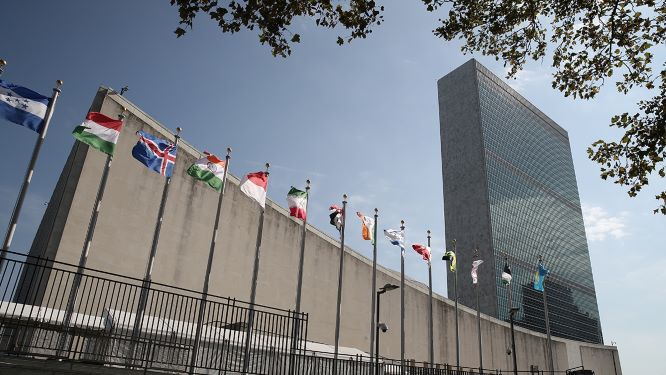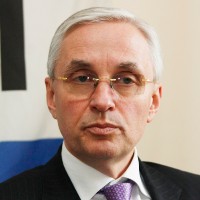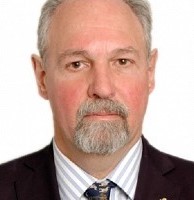Expand the Security Council
The need to reform the United Nations is critical. Political leaders, experts, and civil society agree that the United Nations is lagging behind global change, failing to anticipate emerging risks, and not adequately resolving or mitigating global challenges.
This common understanding notwithstanding, disagreement is growing among various states and alliances as to how to undertake this reform—the priorities, scale, nature, and objects of the process. For example, in an increasingly great power conflict-ridden world, properly addressing the shortcomings of the World Health Organization is at best difficult.
In addition, many UN member states insist on the inviolability of the organization’s foundations and basic principles, in particular and above all its charter. Further, some countries, such as Russia, think that revising any of the powers of the permanent members of the Security Council, including the veto, is unacceptable.
Given all these considerations, securing the necessary two-thirds of the members of the General Assembly, to say nothing of consensus, to pass and implement reforms is extremely difficult. Nevertheless, that reforms are needed to make the UN more effective is clear.
The secretary-general’s recommendation to focus reforms on three pillars—the UN development system, peace and security, and management—may be seen as a serious contribution to a process of change. The leadership of the various UN agencies and bodies deserves close attention. Also the desire to give proper representation to developing countries should not come at the expense of efficiency.
The Security Council in particular should be a focus of reforms, and more intensive and goal-oriented intergovernmental discussions are needed. The Security Council, including its permanent membership, should be enlarged to grant broader regional representation. At the same time, redistribution of some power from the Security Council to the General Assembly could be problematic and any reform should be done carefully. But the General Assembly itself is in need of reordering.
This reform would not require a qualitatively innovative approach. It is instead a question of whether enough political will can be summoned to revive proposals, some of which go back to the times of Kofi Annan, and to speed up the process of finding compromise resolutions.


























